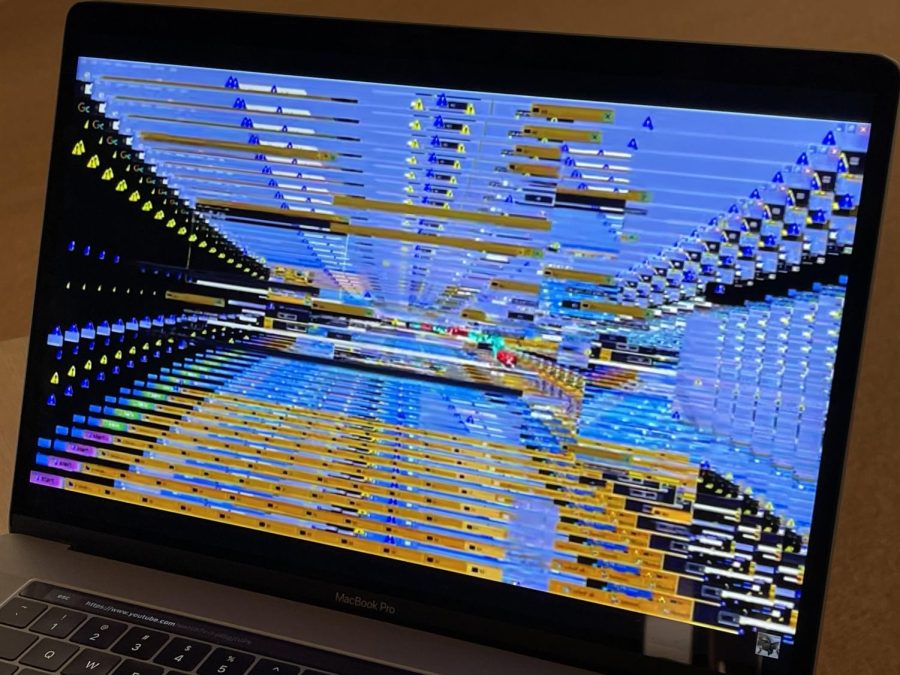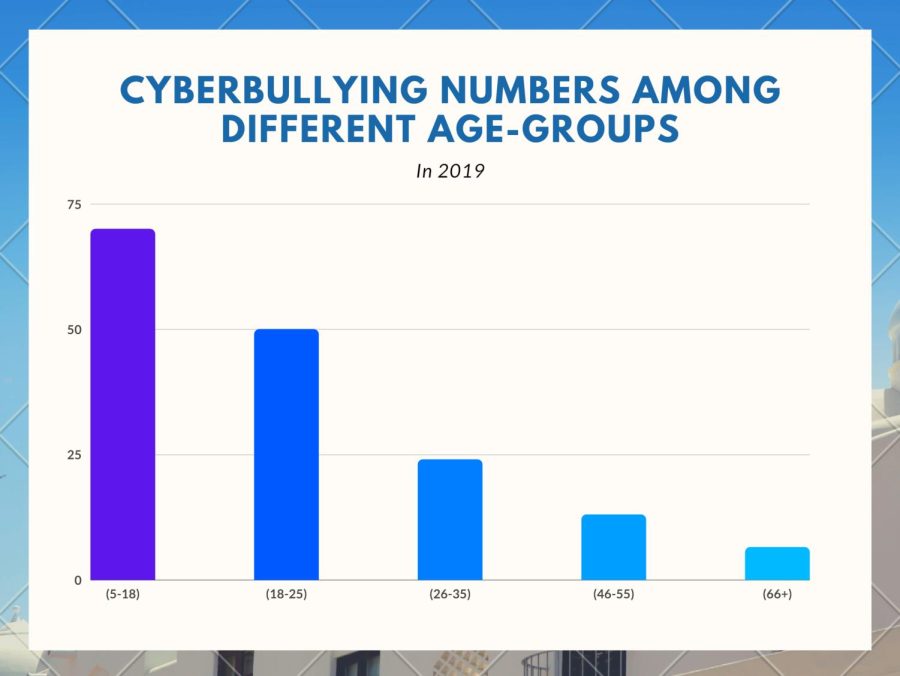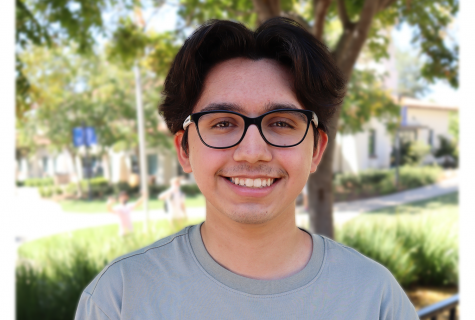The internet is a double-edged sword, offering users a haven of entertainment and research, or bastions of criminal enterprises, inappropriate content, and cyberbullying. Yet, it is worrying how little most people know regarding the risks of the internet and the impact of their actions.
In recent years, it is a guarantee that teens and young adolescents have used the internet in their day-to-day lives either for schooling, entertainment, or other activities.
A study found that in 2019, 95% of minors aged three to 18 had access to the internet via a computer or smartphone, and while this number might seem obvious in today’s world, these numbers tell a different story: as younger and younger audiences become exposed to the internet, the chances for conflict skyrocket.
Leonid Levitin-Shilman (‘23), a student who has a younger sister, has concerns that the internet, in its current state, is too dangerous for his sister to navigate.
“Right now, the internet is full of dangers like IP grabbers and other hackers that try to get into your computer, accounts, and other stuff,” Leo said. “Especially for my younger sister, it’s important that she is aware of the dangers that exist on the internet and is careful of malicious people.”
Even tech-savvy users can become caught up in some untold issue or problem on the internet, or even with someone they know.
The rates of bullying and hate speech among teenagers or younger have increased since the pandemic began, by at least 70%. While some might argue that cyberbullying and harassment will always continue to exist no matter the age, the difference is that a disproportionate amount of the victims have not yet reached their 18th birthday. The numbers are expectedly lower for adults, as seen in the chart below.
As Webb students, we might have younger siblings or relatives, and therefore be in a position to monitor them, making sure they operate the internet safely.
This same mentality is relevant for us as well, as even though we work with technology and social media on a daily basis, there are still countless areas where we could be more mindful of the things we say, offer more sympathy to a friend in distress, or serve as a role model for the young children on campus.
“As an older sibling, I guess what I would do is try to teach them all of the dangers of the internet and to be suspicious of people they do not know or fully trust,” Jacob Arias (‘23) said. “It’s important that they know what’s on the internet, how to spot potential risks like malware and viruses, and how to avoid them.”
Most people nowadays are not proficient enough to use the internet safely and guarantee the well-being of others — as Webb students, the most we can do to further our understanding of the internet is to have more discussions, continue to explore the resources available to us on the internet, and learn the significance of our digital footprint.
We are oddly expected to have a sound and complete understanding of the internet from a young age, but it’s okay to take a step back, question our assumptions, and guide those around us, like our younger siblings and relatives.








![Many Webb students spend their free time in the library watching a popular TV show like Riverdale and Euphoria. “Based off what I’ve seen, like in Euphoria, because the actors are older, they don't showcase an actual high school life properly,” Sochika Ndibe (‘26) said. “Since [the actors] are older [and] playing a teenager, from a girl’s perspective, it is going to make you think you should look more developed at a young age.” The actor, who plays Veronica Lodge, was 22 years old at the time of filming.](https://webbcanyonchronicle.com/wp-content/uploads/2025/03/Antecol-Media-affects-how-society-functions-graphic-1200x900.png)

